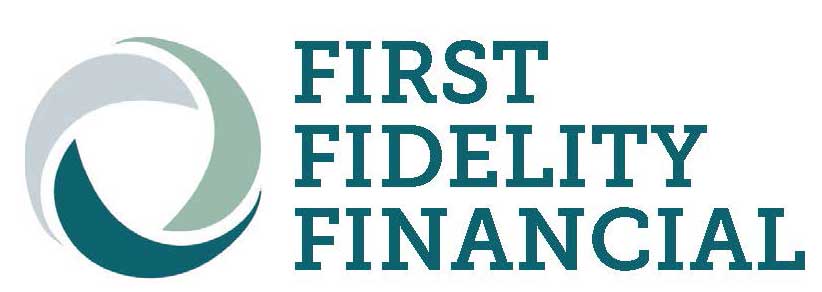5 401(k) Facts You May Not Know
5 401(k) Facts You May Not Know
A 401(k) is a retirement savings plan sponsored by an employer that allows workers to save and invest a portion of their paycheck before taxes are taken out. While many individuals may be familiar with the basics of this popular retirement savings vehicle, some lesser-known features and details could significantly impact your long-term savings strategy. Here are some 401(k) facts you may not know.
401(k)s lower taxable income
Contributing to a 401(k) can lower an individual’s taxable income because contributions can be made with pre-tax dollars. Less commonly known is that your lower taxable income could qualify you for other tax benefits, such as educational credits or a larger home mortgage interest deduction.
Employers may match contributions.
The employer match is another important yet often overlooked 401(k) plan feature. Most employers offer to match employee contributions up to a certain percentage. For example, if you contribute 6% of your salary and your employer matches 50%, you receive a 3% matching contribution. Contributing at least enough is crucial to obtain the total matching amount from your employer.
401(k) portability
Your 401(k) doesn’t necessarily have to stay with your former employer when you change jobs. You may be able to transfer your 401(k) into a new employer’s plan or the funds into an Individual Retirement Account (IRA). Transferring a 401(k) may provide a broader range of investment options or lower fees than many employer-sponsored plans. These 401(k) facts are pivotal for those who change jobs.
Early withdrawal penalties may apply.
While most people understand that withdrawing money from a 401(k) early may lead to penalties, there’s more to the story. If contributions were made with pre-tax dollars, and the individual is not age 59 ½, taxes will be due on the contributions and accumulation, plus a 10% penalty for early withdrawal on the amount distributed. These taxes and penalties can result in a significant financial hit from your retirement savings.
For contributions made with after-tax dollars, depending on the account type and how long it has been open, distributions may be tax and penalty-free. Contact your 401(k) plan’s administrator to determine what penalties may apply for early distributions.
However, there are exceptions to the penalty, including distributions made after a disability, certain medical expenses, and when departing an employer in or after the year you turn 55. If any of these exceptions are your situation, financial and tax professionals can help you understand how this
Yearly 401(k) contribution limits
It’s essential to understand that 401(k)s have yearly contribution limits. Each year, the maximum amount the IRS allows you to contribute changes. Specific limits apply to those under 50; an extra catch-up provision is permitted if you’re 50 or older. These limits include both your contributions and those made by your employer. A financial professional can help you understand this year’s limit based on your age and your employer’s 401(k) retirement savings plan.
Understanding these lesser-known 401(k)s facts can significantly impact your retirement savings strategy. Maximizing tax benefits, taking full advantage of employer matches, and carefully considering 401(k) transfers and withdrawals may help you accumulate a suitable nest egg for your golden years. Work with a financial professional to help you make the most of this powerful retirement savings tool.
SWG3742682-0724a This information is provided as general information and is not intended to be specific financial guidance. Before you make any decisions regarding your personal financial situation, you should consult a financial or tax professional to discuss your individual circumstances and objectives. The sources used to prepare this material are believed to be true, accurate and reliable, but are not guaranteed.
First Fidelity Financial loves working with people and helping our clients understand their options. We can help you when preserve your retirement savings, and create an income stream for the future. First Fidelity Financial takes a holistic approach to retirement planning by educating clients on the effects of unexpected market losses, unplanned life events, and using safe money strategies to guarantee income throughout ones’ retirement years. Contact us today to begin your journey.






